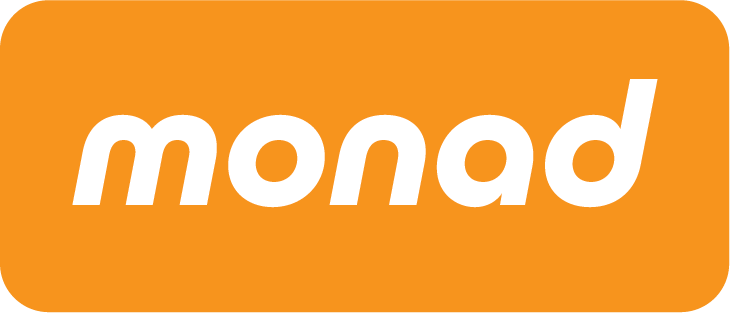This is a public service announcement
If a debit card transaction is blocked because it fails the 3 digit security code check or the address check, it will sometimes show on the customer’s online statement for a couple of days.
Here are some examples of people questions about this from around the internet:
"When a charge is processed, the processor hits the bank and asks if the funds are available (this is the AUTH step in the charge process). If they are, the funds are put on hold as a shadow charge. On a Credit Card, these are invisible to the customer and generally don’t impact anything. The money isn’t really there (hence a Credit Card) to begin with.
On a Debit Card with the Visa or Mastercard logo, the exact same thing happens, but since Debit Cards go directly against a cash source (the checking account), the customer sees these holds. If no date is specified on the AUTH transaction, then the bank will eventually drop these shadow charges after a few days."
“Declined due to AVS mismatch”, the authorization code, along with the hold on the authorized funds, will remain on the customer’s card until the card issuing bank removes the authorization. As a result, the held funds may be subtracted from the customer’s available balance, and an online statement may reflect the authorization request which might be mistaken for an actual charge. Most card issuing banks will remove authorizations within 1–2 days if they are not claimed for settlement.
“We often get questions from merchants, inquiring about a transaction that shows as declined at the payment gateway, yet the customer is calling asking: “Why was my credit card billed? In this scenario, the answer is that the customer’s card was not billed. Instead, an Authorization has been placed on their card (which if the customer uses a debit card may seem to them to be the same as a charge since it lowers their available spending limit).This situation only comes into play if you have enabled AVS (Address Verification System) or CVV (3 digits on back of card) rules to help protect your merchant account from fraudulent transactions (and to possibly help win chargeback disputes).”
So - if you get a customer complaining about this, it isn’t about how Monad works, or how Stripe or any other payment gateway works. It’s just how credit cards work.
The easiest way of stopping this from being a problem will be to turn off the address checking, but that carries a risk - you need to weigh up the potential exposure to fraudulent transactions against the inconvenience and lost sales caused by transactions being blocked.
